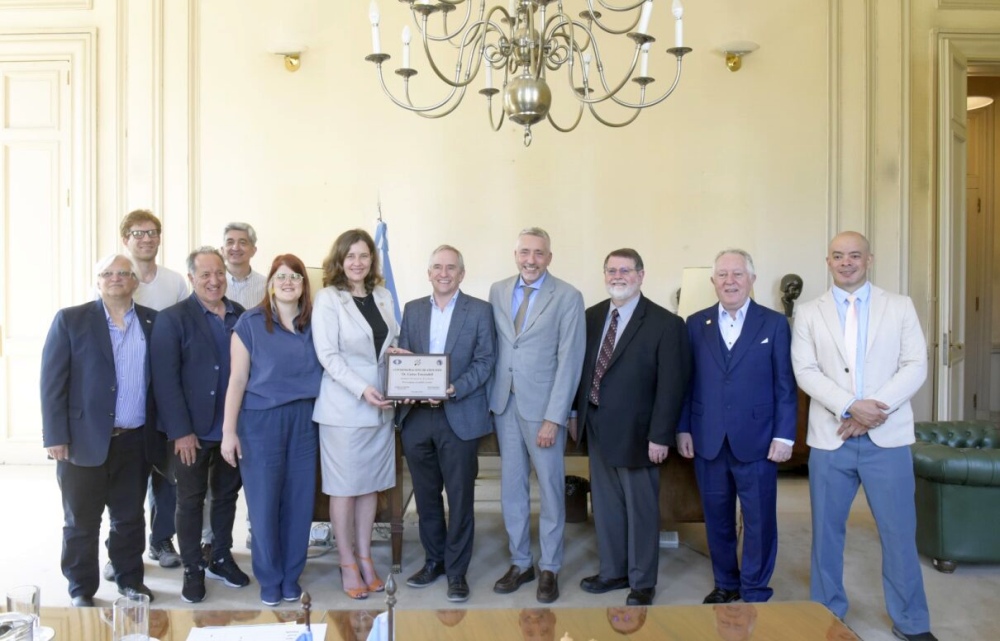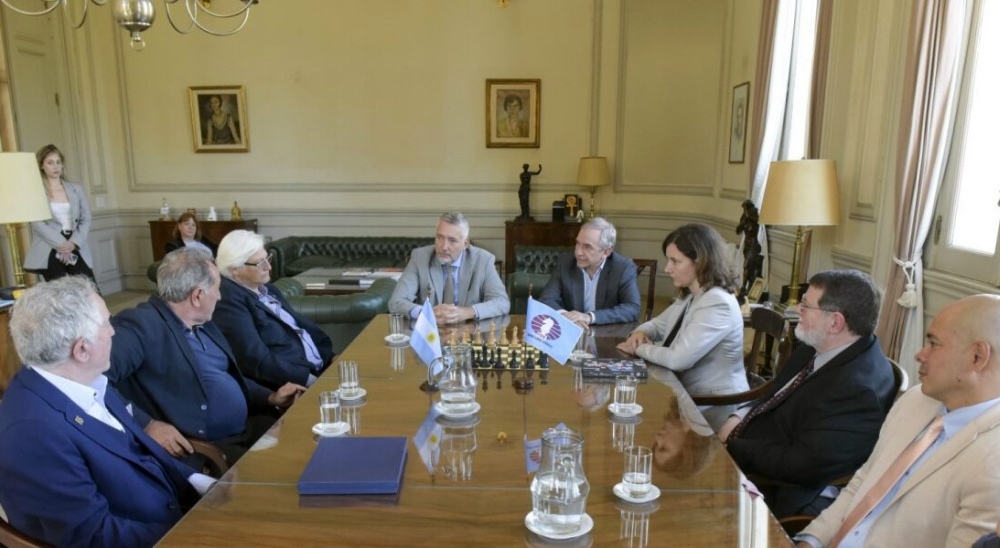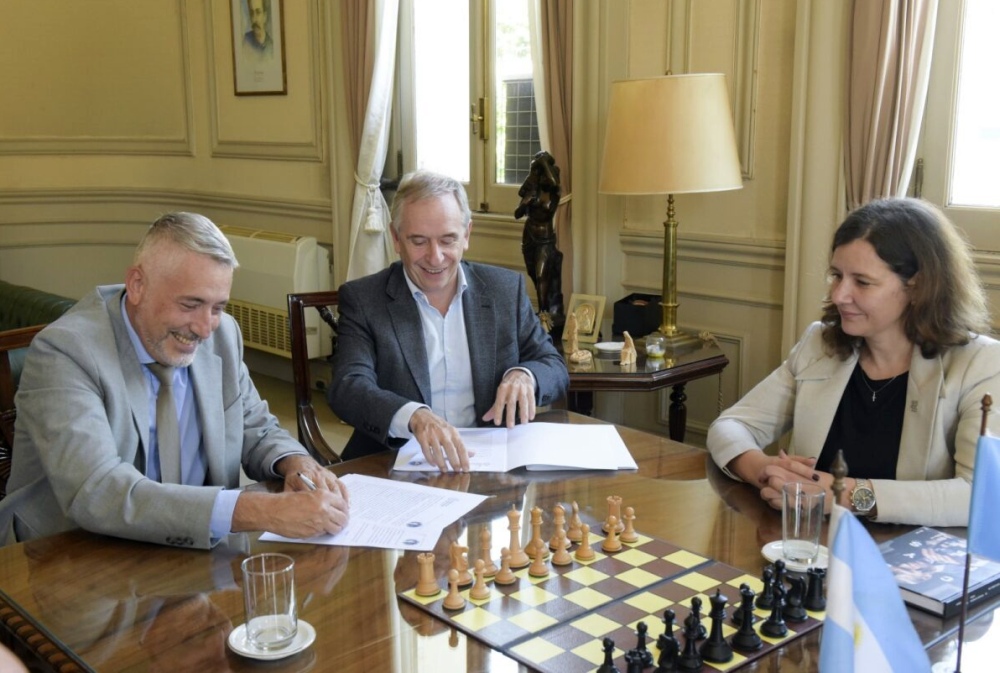
Argentina’s Ministry of Human Capital, headed by Sandra Petrovello, through the National Secretariat of Education led by Carlos Horacio Torrendell, has taken a significant step toward strengthening school chess across the country.
This valuable initiative emerged thanks to the efforts of distinguished international authorities – Dana Reizniece-Ozola (Deputy Chair of the FIDE Management Board), Jerry Nash (Chair of the FIDE Chess in Education Commission), and Willy Iclicki (Chair of the FIDE History Commission) – during their visit to Argentina.

In line with the projects announced at the School Chess Congress of the Americas, held in Vicente López last year, the National Secretariat of Education, together with the Argentine Chess Federation (FADA) – represented by its Executive Director Mario Petrucci – and FIDE, through Deputy Chair Dana Reizniece-Ozola, has achieved a historic milestone for education and sport through two key actions:
- The reinstatement of the National Chess Coordinator within the Area of Strengthening Education and Socioemotional Development, a role that will be assumed by Professor Juan Durán.
- The appointment of 24 provincial representatives – one in each province – who will work together on designing and implementing projects for the Chess in Schools program.
Ludovico Grillo, Mario Petrucci, and Alejandro Sass also contributed their expertise to the initiative, supporting the promotion of educational chess in the region.

At the same time, the recent creation of the Association of Chess Teachers and Educators (APEA), chaired by Ricardo Luna – a well-known figure with a long track record in school chess – marks another significant advancement. APEA will work in coordination with FADA to expand teacher training and consolidate school programs nationwide.
This agreement represents a major milestone in integrating chess into Argentina’s educational system, reinforcing its role as a tool for pedagogy, inclusion, and socioemotional development, in line with the standards promoted by the International Chess Federation (FIDE).

